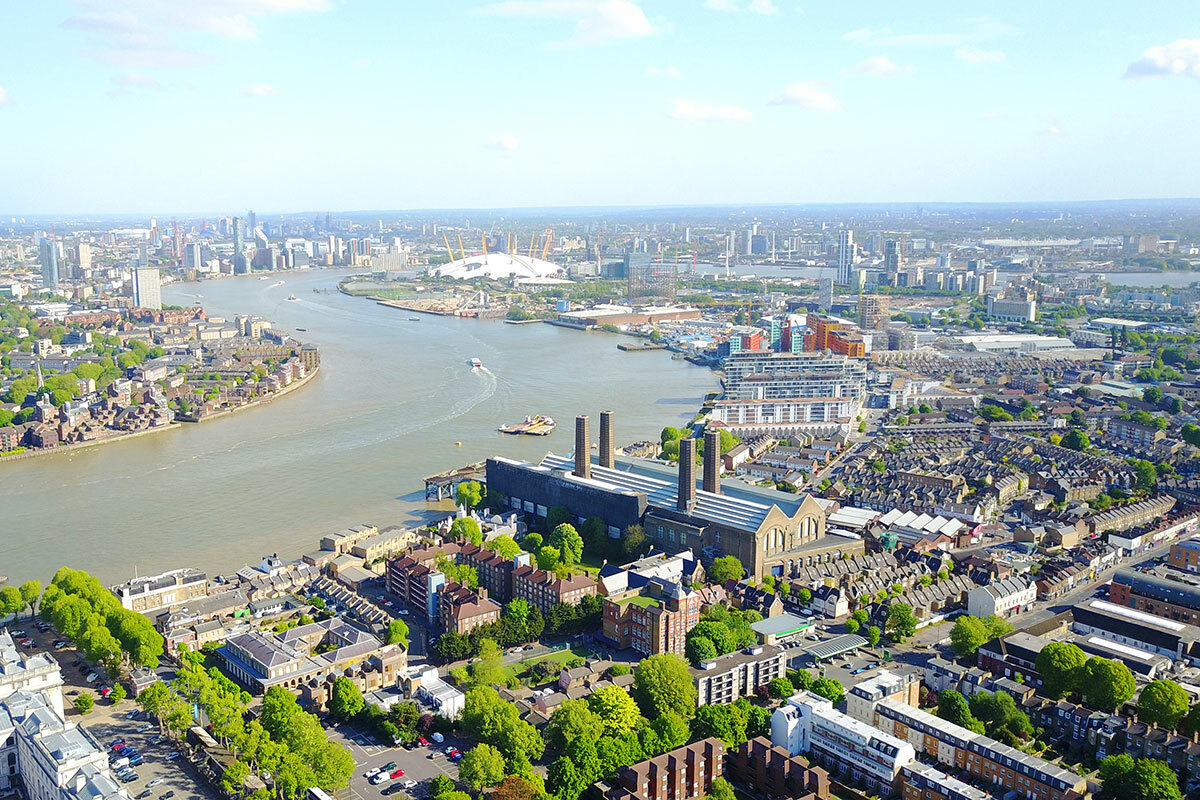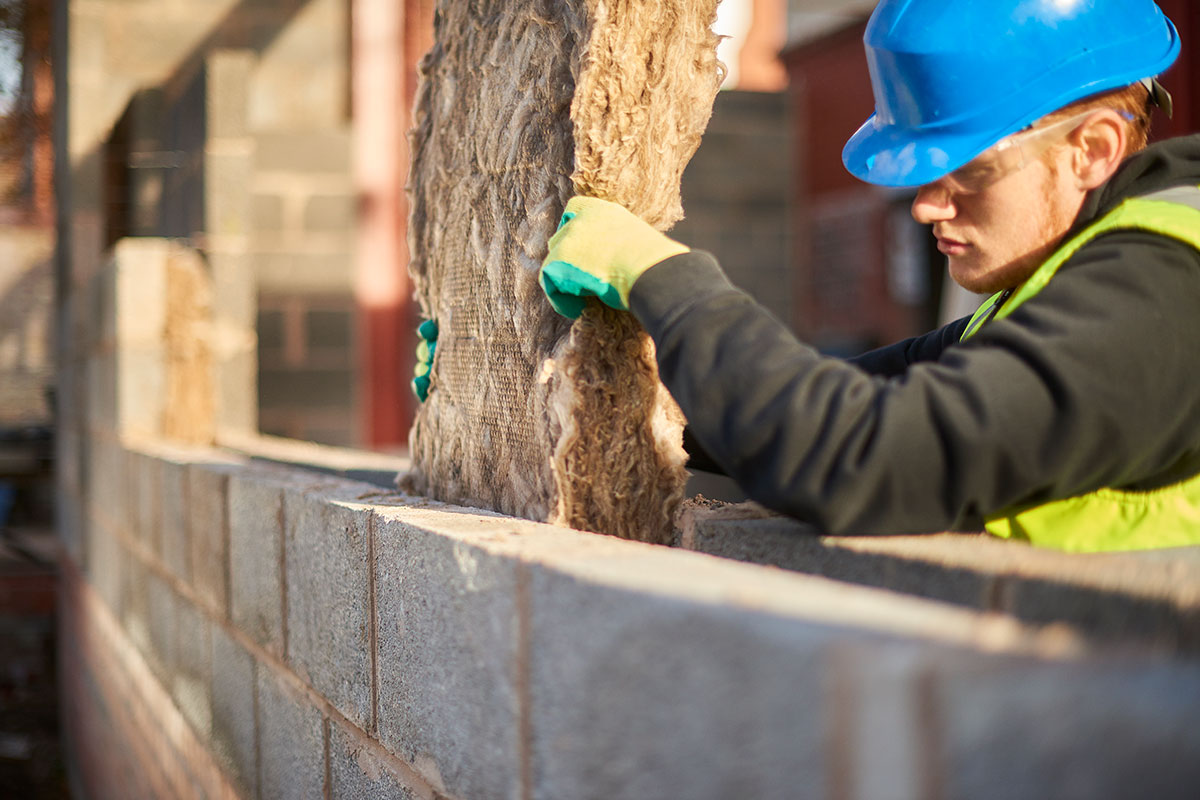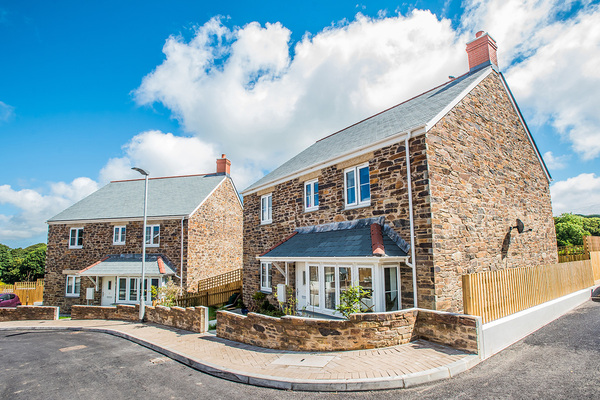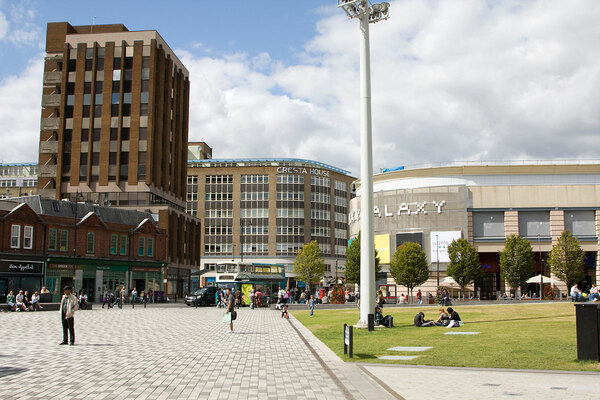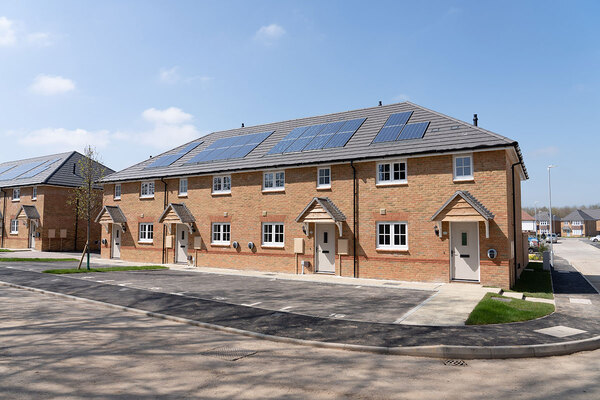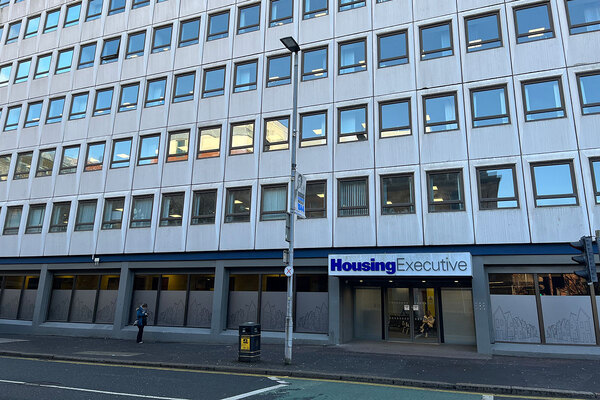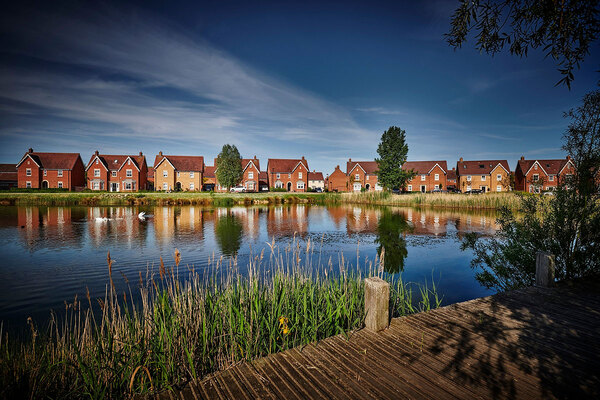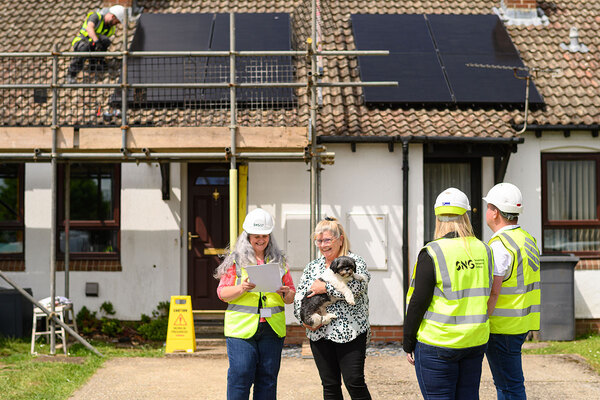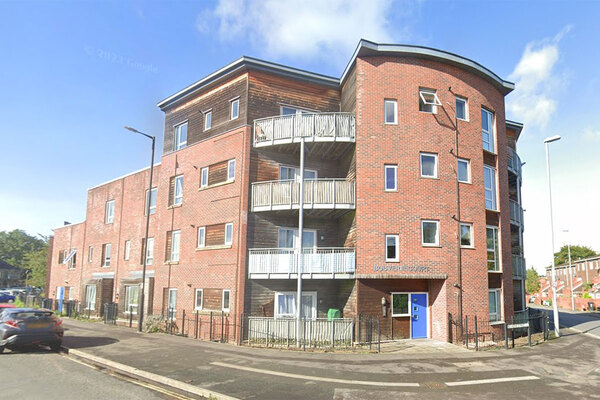You are viewing 1 of your 1 free articles
London borough estimates £985m cost to make all buildings carbon neutral
A London council has estimated that it would cost close to £1bn to make all buildings in the borough carbon neutral.
Greenwich Council believes meeting its pledge of reaching net zero carbon by 2030 would cost up to £1.6bn in total across all areas including buildings, infrastructure and vehicles.
A report by carbon consultancy Element Energy considered by the council’s cabinet on 29 January said retrofitting its homes and public buildings to make them all Energy Performance Certificate (EPC) grade C or higher would cost around £85m.
Bringing all homes in the borough to EPC C or higher through a grant or concessionary loan programme would mean another £200m bill, it added. Around 40% are believed to need improvements.
The council estimates that its 21,000 homes are responsible for 20% of emissions in the borough.
Heat demand among the council’s housing would need to reduce by 30% to meet the 2030 target, as well as 29% from the 17,000 housing association-owned homes in the borough.
Private rented and owner-occupied homes would need to use 23% and 16% less heat respectively.
New district heating projects would cost £200m, including potential investment from the private sector.
Phasing out gas boilers and replacing them with heat pumps through a grant incentive scheme could directly cost the council a further £500m, according to the Element Energy report.
“Given the high capital cost of such replacement systems compared to a gas boiler, provision of a strong incentive is necessary,” the report said.
“This could take the form of direct funding in the region of 50% grants for all heat pump and hybrid heat pump purchases in both domestic and non-domestic buildings and/or ‘top-up’ funding to any successor scheme to the national Renewable Heat Incentive.”
The incentive programme would “ideally” need to begin in 2021 to meet the council’s 2030 carbon neutral target, it added.
A future ban on fossil fuel heating systems would also need to be announced by 2021, with new gas boiler purchases prevented from 2022/23.
Fossil fuel power for heat networks such as gas-fired combined heat and power would be phased out by 2030, with a mandatory heat zoning policy from 2022 for new builds, later including all existing buildings within designated heat network areas.
Full costings are yet to be carried out, and council officers are now setting to work on developing a carbon neutral plan for Greenwich.
The council will also start implementing “priority actions” such as retrofitting its homes to at least EPC C and installing low-carbon heating systems across its housing stock that is not part of a heat network.
Greenwich Council was among a number of local authorities around the country to declare a climate emergency last summer and set pressing ambitions on reducing carbon.
The government has committed to cutting greenhouse gas emissions in the UK to near zero by 2050.
Denise Scott-McDonald, cabinet member for air quality, sustainability and transport at Greenwich Council, said: “Over time the emissions from heating buildings will become one of the key challenges in the journey to a carbon-neutral Greenwich.
“To help solve this, we need to significantly increase energy efficiency to reduce the demand for heating and replace gas heating systems with low-carbon alternatives, such as air or ground source heat pumps.
“These combined actions to decarbonise heat would cost an estimated £1bn for the whole borough – far in excess of council budgets, which is why we need central government to provide the necessary funding to address this climate emergency challenge.
“This won’t be an easy transition – we need to lead the way with pilot projects for communal heating. Businesses and households should investigate what measures they can undertake in a cost-effective way, and share the lessons learnt.
“The good thing is that as well helping to reduce emissions, energy efficiency investments have a potential for cost savings and they can also lead to a more comfortable environment for residents.”
